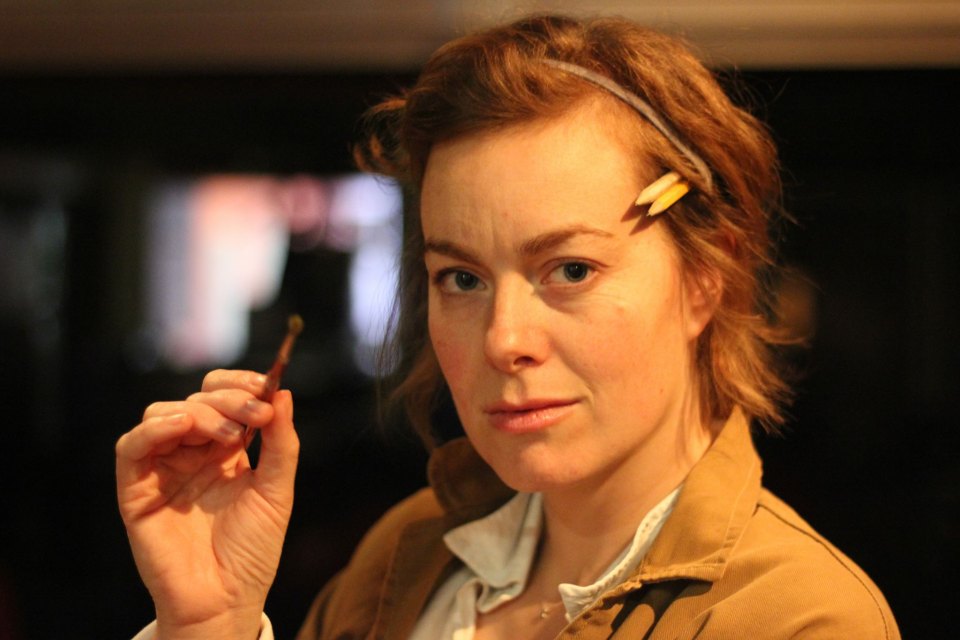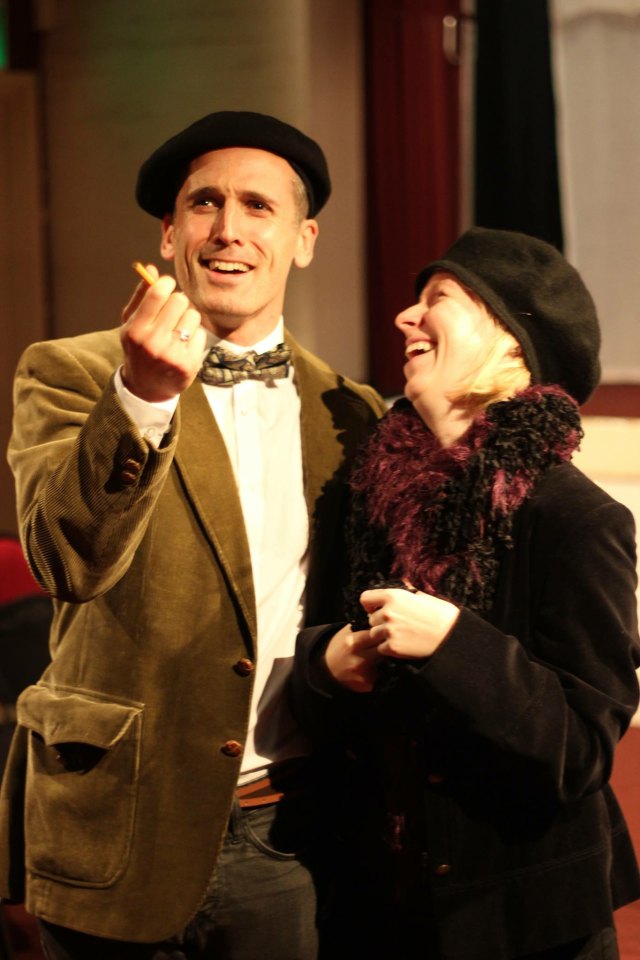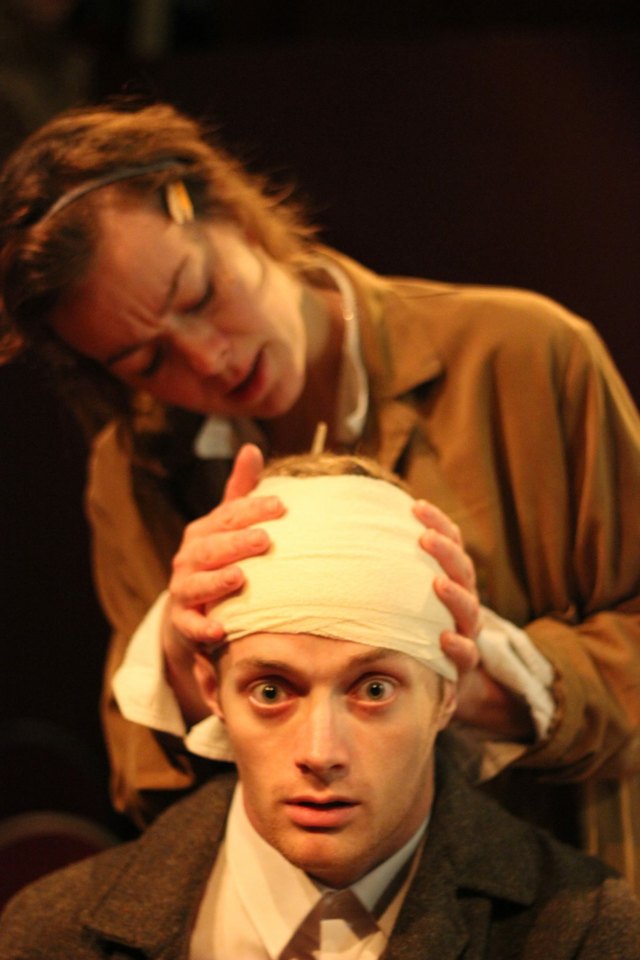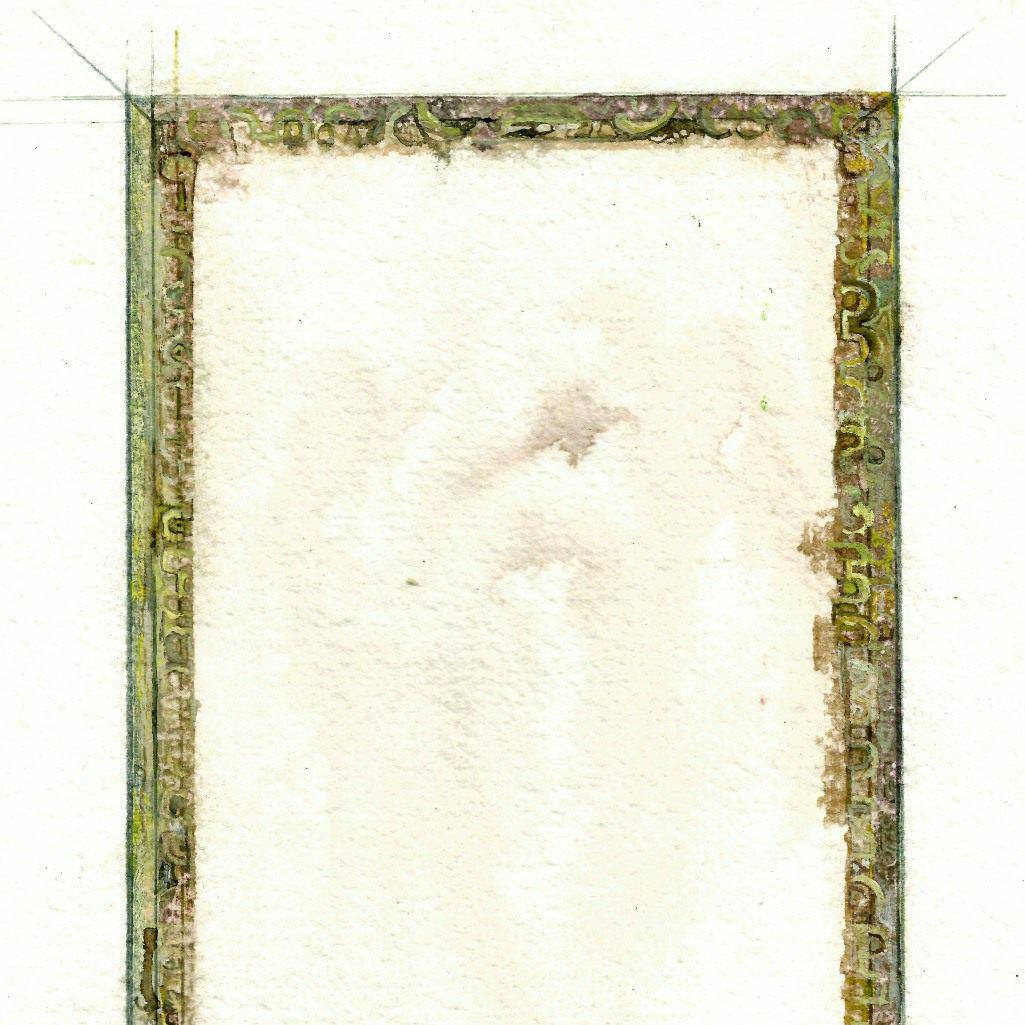- Theatre: Accidental Death of An Anarchist
- Theatre: Ein Komisches Talent
- Theatre: Gaslight®
- Theatre: Hansard
- Theatre: Home, I'm Darling
- Theatre: How to Succeed in Business...
- Theatre: I Love You, You're Perfect, Now Change
- Theatre: The Cat's Meow
- Theatre: The Crucible
- Theatre: The Duchess of Malfi
- Theatre: The Glad Game
- Theatre: The Last Noel
- Theatre: The Revlon Girl
- Theatre: Things I Know To Be True
- Theatre: Uncle Vanya
- Auditions: Audition for Youth Theatre
- Auditions: Audition for Things I Know To Be True
- Auditions: Audition for The Glad Game
- Auditions: Audition For Uncle Vanya
- Auditions: Audition for Hansard
- Auditions: Audition for The Duchess of Malfi
- Auditions: Audition for Accidental Death of An Anarchist
- Auditions: Audition for How To Succeed In Business...
- Lunchtime Theatre: Borne out with whalebone
- Lunchtime Theatre: Animating the Inanimate
- Lunchtime Theatre: Discussion of a local production
- Lunchtime Theatre: Lunchtime Christmas
- Lunchtime Theatre: From the theatres to the stars
- Lunchtime Theatre: Lunchtime Theatre
- Lunchtime Theatre: Lunchtime Theatre
- Lunchtime Theatre: Lunchtime Theatre
- Lunchtime Theatre: Lunchtime Theatre
- Lunchtime Theatre: Lunchtime Theatre
- Lunchtime Theatre: Lunchtime Theatre
- Open Evenings: Open Day
- Open Evenings: Open Day
- Socials: Christmas Party
- Socials: Murder Mystery
- Socials: Quiz Night
- News: LMT at The Fringe!
- News: NANDA Awards 2025
- News: Youth Theatre Shines at NANDA Youth Fest...
- News: 2025/26 Season
- News: Under the Limelight: Backstage at the Vo...
- News: Plea for century-old theatre after drop ...
- News: 100-year-old Nottingham theatre ... laun...
- News: Lydia Marchant Came to Visit
- News: NANDA Awards 2024
- News: Discount Car Parking Offer
- News: 2024/25 Season
- News: Emmy win for our patron Matthew Macfadye...
- News: Golden Globe win for our patron Matthew ...
- News: Discount Food Offer
- News: NANDA Awards 2023
- News: 2023/24 Season
- News: Discount Car Parking Offer
- News: Lace Market Youth Theatre on the town...
- News: NANDA Awards 2022
- News: The Queen’s Award for Voluntary Service
- News: 2022/23 Season
- News: Discount Ticket Offer
- News: Covid Precautions
- News: 2021/22 Season
- News: A Virtual Vanya
- News: Nottingham Playhouse Home Grown Bursary
- News: NANDA Awards 2020
- News: Coronavirus (COVID-19): Season Cancellat...
- News: 2020/21 Season
- News: Coronavirus (COVID-19): Season Postponem...
- News: Sad and Amazingly Funny
- News: Absurd but relevant
- News: Where Are They Now?
- News: Foyer Refurbishment
- News: NANDA Awards 2019
- News: Youth Theatre win at NANDA!
- News: Hannah and Hanna on tour
- News: 2019/20 Season
- News: Adam Penford Visit
- News: The Big Wardrobe Move - Part 1
- News: Lace Market Theatre On Tour
- News: Henry, 14, shows the desire to step in a...
- News: New Wardrobe Premises
- News: Auditorium Refurbishment 2018
- News: NANDA Awards 2018
- News: Auditorium Refurbishment
- News: Remember when women were seen as 'little...
- News: Nanda Youth Festival
- News: 2018/19 Season
- News: World War II play loved by Churchill...
- News: Modern take on Charles Dickens' horror s...
- News: Oscar Wilde's An Ideal Husband at the La...
- News: Shocking true story of last woman to be ...
- News: Alan Bennett classic The History Boys to...
- News: Pride and Prejudice at the Playhouse?
- News: Launch of New Bar
- News: Is Guys and Dolls the best ever Musical?
- News: Success at NANDA
- News: LMT to Host World Premiere of New Englis...
- News: 20th Century masterpiece...
- News: 2017/18 Season
- News: Terry Pratchett's Carpe Jugulum to be pe...
- News: Comedy classic The Ladykillers will be s...
- News: West End hit that became Meryl Streep fi...
- News: Nottingham theatre kicks off 2017 with m...
- News: An alternative to panto...
- News: The Brontë sisters were chick-lit pionee...
- News: The Weirdest Title of Any Show You'll Se...
- News: Telling Tales...
- News: Love & Death
- News: Exhibition in the Studio
- News: Latest Sound Upgrades
- News: Success at NANDA
- News: Success at NANDA Youth Festival
- News: Steve Parry: A Tribute
- News: Lace Market Theatre on Tour 2016
- News: James Dean naked and 'lots of pretty lad...
- News: 2016/17 Season
- News: 2000 Facebook Likes!
- News: Art Exhibition During "Beautiful Th...
- News: Noel Coward comedy is Lace Market Theatr...
- News: Art Exhibition During "Present Laug...
- News: Discount Food Offer
- News: Art Exhibition During "The Pitmen P...
- News: New Roof!
- News: In August the Lace Market Theatre Goes D...
- News: Good Deeds Notts: A stroke of luck as Jo...
- News: Happy Jack: On Tour
- News: Success at NANDA!
- News: Nudity Features in Alan Bennett-style Co...
- News: Success at the NANDA Youth Festival
- News: Art Exhibition During "Dead Ringer&...
- News: Poltical Comedy Play is Anecdote to Gene...
- News: 2015/16 Season
- News: Bertolt Brecht Classic at Lace Market Th...
- News: Theatre preview: Bedroom Farce at Lace M...
- News: Lace Market Theatre stages the tale of a...
- News: Lace Market Theatre's One Act Play will ...
- News: It's a White Christmas at Lace Market Th...
- News: Art Exhibition During White Christmas
- News: Donation to Nottinghamshire NUM Ex and R...
- News: Lace Market Theatre tackles John Godber ...
- News: Darkly funny play at Lace Market Theatre...
- News: Lace Market Theatre commemorates WWI wit...
- News: The World of Professional Theatre has Re...
- News: Private Peaceful Collection
- News: Discount Food Offer
- News: Possibly the best set ever!!! The back s...
- News: LMT's comic, contemporary vision of rura...
- News: The horror of WW1 told in Lace Market Th...
- News: Success at the NANDA Youth Festival 2014
- News: NANDA Youth Festival
- News: VisitEngland Tourism Superstar Awards 20...
- News: 1000 Facebook Likes!
- News: The Return of Open Mic Night
- News: Art Exhibition by Neil Duckmanton
- News: Online Booking Problems?
- News: White Christmas Early Bird Offer
- News: New Website!
- News: Anne Boleyn Opens to Rave Reviews
- News: Nottingham Post interview Gordon parsons
- News: Murder Mystery Night is Big Success
- News: Nottingham Post interview Graeme Jenning...
- News: RSC Open Stages
- News: Nottingham Post Interviews Max Bromley
- News: Discount Food Offer
- News: Costume Commissioned by the Courtald Gal...
Galactia always knew that it would be a challenge to paint a canvas of 'The Battle of Lepanto'. It has to fill an enormous hall and satisfy the even more inflated egos of the Venetian rulers. The subject matter is enough to make you feel sick but to make them feel really sick she wants to show them what a real battle looks like with the bodies in the water, viscera, blood and the huge death toll. No soft-hearted statesman or well intentioned friend can stop her. She will see it to the end whether it costs her career, her freedom or whatever dignity she may still have left.
Contains strong language.
This amateur production is presented by special arrangement with Samuel French Ltd.




CAST
Galactia
Tamzin Grayson
Carpeta
Chris Collins
Urgentino
Richard Minkley
Rivera | Supporta
Gemma Barritt
Suffici | Ostensible
Damian Frendo
Prodo
David Phillips-Peters
Sadly, the actor playing Urgentino has been indispossed with only a week of rehearsals remaining. Our enormous gratitude to Richard Minkley for stepping in at the last moment, who will understandably be using a script on stage.
There are no items to display
Scenes From An Execution Lace Market Theatre: Review
It's 1571 in Venice. The Battle of Lepanto, a huge naval engagement against the Turks, has been fought and won. A noted female artist, Galactia, is commissioned by the authorities to produce a monumental painting to commemorate the victory. The "execution" in the title refers to her execution of this commission.
In the central role Tamzin Grayson is splendid. She conveys the necessary self-belief, single-mindedness and earthiness of her character. A mother at twelve, at forty-six still promiscuous, Galactia lives her art even when she isn't painting. She's oblivious to social or political conventions and expectations.
Her current lover and minor hack of an artist, the much younger Carpeta, is well played by Chris Collins. It needs saying though: neither Grayson nor Collins convince us of any real passion between their characters. David Phillips-Peters is also good in a number of roles, particularly that of Prodo, a professional survivor in more than one sense, who goes about with an arrow in his head.
The real interest in this play though is its examination of the purpose of art and the role of the artist. To what extent, if any, should she serve the state, or indeed any cause other than her own artistic vision?
Galactia is being leaned on from all sides. The state wants a piece of propaganda from her, glorifying a national triumph. The Church demands that she depict Lepanto as an historic victory for western Christendom over the Turkish Empire. Her daughter tries to persuade her to give in to these pressures and produce an acclaimed work that people will see is by a female artist. Galactia will have none of it.
Directed by Richard Minkley, who also steps in at short notice to play Urgentia, a leading part, this studio production is well worth a look.
Read the original article here.
"Scenes From an Execution"
Lace Market Theatre
The plot revolves around Galactia, a female artist and her struggles against the Venetian city-state in the aftermath of the 15th century Battle of Lepanto. Although the city commissions the painting to celebrate the victory over the Turks, the artist's vision differs dramatically from that of the Doge, Urgentino, and the Catholic Church.
There are several sub messages sent out in the play; one of the main ones being Galactia's promiscuousness, which, if this had been a man, would have been different. As Galactia is a woman, and a strong woman at that, she is scorned and looked down upon for her confidence and her sexual freedom.
There's also a case of society building her up to pedestal level and then knocking her down. When she has been brought to her lowest ebb and placing her in jail, she is then given almost celebrity status and is asked to adorn the tables of the important folk.
A very clever play with some long and complicated passages of script which was handled fluently and naturally by Tamzin Grayson who played Galactia with great feeling and understanding.
Christopher Collins played Galactia's secret lover, bringing the role of Carpeta a double edged value. Not wanting to reveal his love affair with Galactia for fear of his wife finding out, he showed solidarity for Galactia,while his job as an artist to rival his lover coming out on top when he is commissioned over her to create the painting for the city. A passionate performance from Chris.
Richard Minkley stepped into the role of Urgentino after the original actor had to pull out at the last minute, and while reading the script from the page, his performance was very good and convincing. It must be difficult to "perform" a piece if you're sight reading the script. A brave move for the director of the piece, but the show must go on, and it did, so applause due for stepping in to the breach Mr Minkley.
Gemma Barritt, Damian Frendo and David Phillips-Peters all took dual roles and each separate character being distinguishable from their other role, which doesn't always work out when taking more than one part. Solid performances from all involved.
I've always said that the Lace Market is the place to go for the lesser performed plays and this play upholds this statement. A really enjoyable and not too long play, coming in at just under two hours with break. It holds your attention well with the storyline and, with the main character being a strong woman who stands up for what she wants, in all aspects of her life, is refreshing.
The lighting for the piece was excellent and moody at times. Designed by Emma Pegg, programmed by Charlie Bailey and operated by Lucy Wakefield it added atmosphere for the piece.
Appropriate props and wardrobe made up for a lack of scenery, but scenery was not that important due to the strength of the storyline, You didn't need the settings to be spelt out to you and in your face.
A fascinating play with some fruity and clever lines highlighting the power a woman can command over her rivals and men, but not always over society who see her, and her work, as an insult and possibly a threat. it also shows how society can build you up to knock you down when it feels right for them to do so.
Read the original article here.
Gareth Morgan wonders whether this adaptation of Scenes From an Execution should be for the chopping block...
The Lace Market Theatre, for me, has one of the braver programmes I've ever seen from an amateur-run group. Their latest offering, Howard Barker's Scenes From an Execution, part of their studio programme testing ground for new directing talent in the group, is as bold as anything else I've seen there over the last few years, but never cashes the cheques that the script is writing.
The play follows artist Galactia, who has been commissioned by the Doge of Venice to paint a vast canvas celebrating the triumphant naval battle of Lepanto in 1571. She sets herself upon finding the truth of war in her painting, depicting it in all its cruelty, callousness and hacked off flesh. Determined to stay her course, she comes up against interference from state, church, family, lovers and the chattering classes, leading ultimately to a broken Galactia - but her art survives.
Howard Barker's work is never a funfair. His own heady theatrical blend of sex, violence, paranoia and lust for power, all tarred and feathered with his own distinctive Marxist politics, makes for a meat-grinder of agit-prop statements, deep metaphors, coarse bedroom exchanges and insults. He is an overt writer but this production is overt for all the wrong reasons.
Richard Minkley's production is a ball of frustration. The usual ambition associated with the LMT is there, but so is an alarming lack of logic and consideration in the direction of the text. It feels lazy and under-thought.
Barker's brutal satire is interpreted in many places as a camp farce, and I've rarely been to a show that involved so many slamming back-stage doors or exits made from stage purely for expedience rather than fully thinking through the fact the characters are walking through the painting. Scenes run into each other with confusing abandon and the uneven pace of the direction swings from turgid to breakneck transitions - actors entering before the dust has settled on the last exchange. There is no rhythm or pacing, no beats between scenes to give the audience that moment to consider what has just happened or been said. Coupled with this was a totally infuriating lack of consistency in the production - its Venice inhabiting a confused world of renaissance smocks and hi-vis vests.
It's also strange that the show's thrust staging is so rarely used: the action is mostly end-on with forays between the traverse seated audience. A play about a painting lends itself to the perspective of an end-on staging, as if recreating the experience of standing before it, so this decision was another puzzling one. The staging makes it a difficult space to light, with cross-cutting beams of both light and wooden supports, and actors struggling to be properly and completely lit – often battling to find their light if anywhere on the thrust.
There were some commendable performances, and director Minkley's stepping in as Doge Ugentino at the last minute due to a cast member's illness is to be applauded. Chris Collins, as Galactia's younger lover Carpeta, who is approached to take over the commission and greedily agrees, is a highlight. Despite this, Scenes From an Execution is a production less Venetian master and more back to the drawing board.
Read the original article here.










